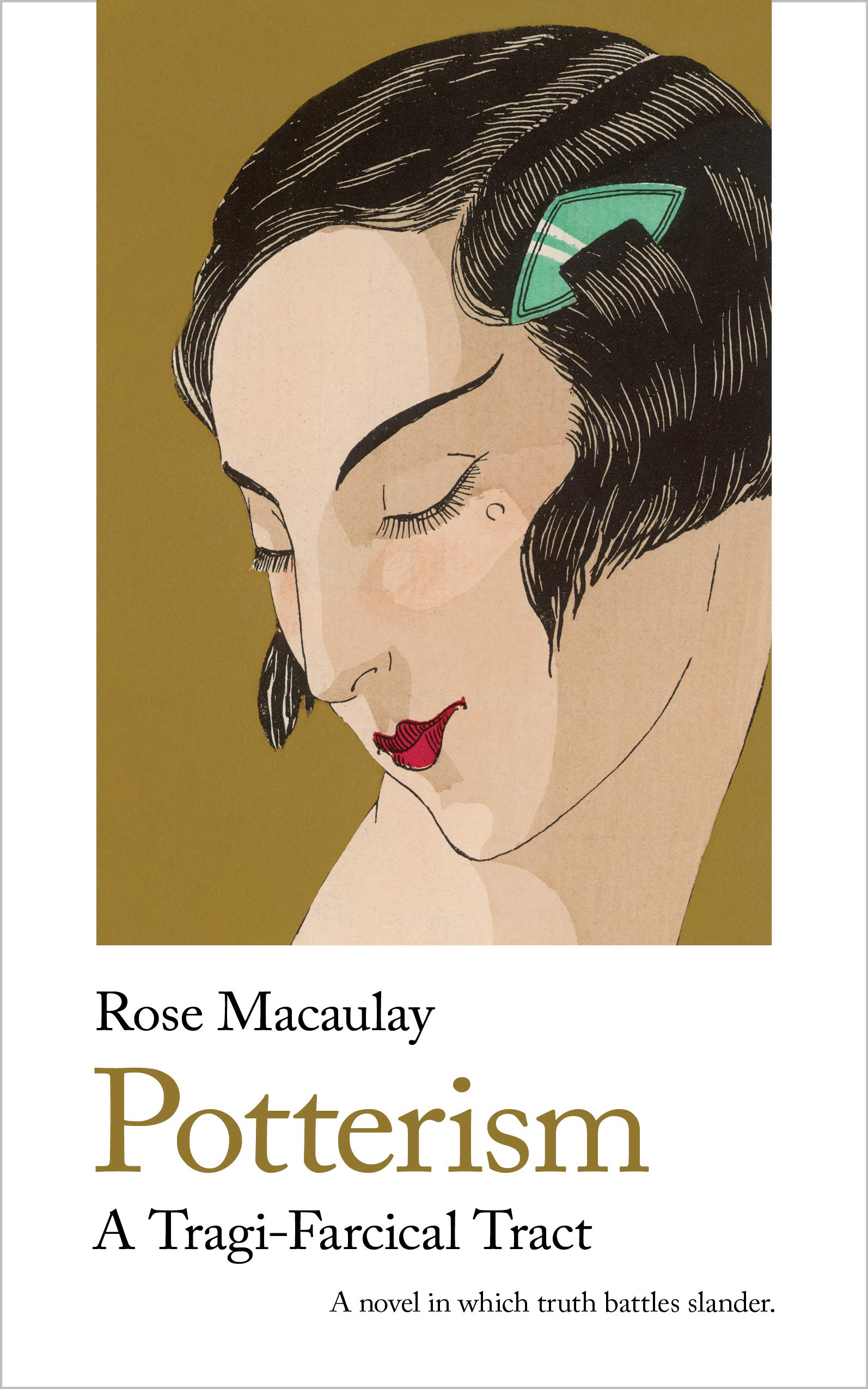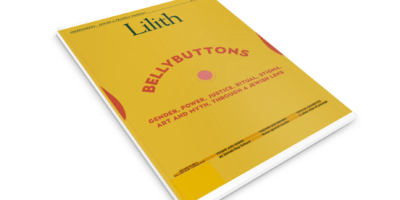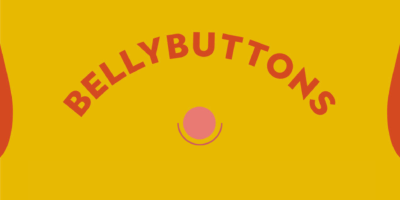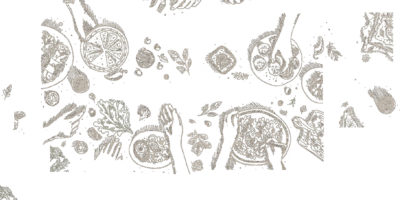
A Century-Old British Satire Hits Home
Though it was first published in 1920, Potterism: A Tragi–Farcical Tract by Rose Mauclay (re-issued by Handheld Press, $17.99), almost could have been published yesterday. Not really, of course: this novel is a story about an upper-class English family: estates, Oxbridge pedigrees, the grand tour before deciding to take a job, the snobbery, the antisemitism, the rather surprising feminism, and a world absolutely dominated by media.
That last bit is particular to the family around which the novel revolves, the media–tycoon Potters, which include the hardworking (and likeable) father who built this world, the snobbish mother, who writes popular romance novels under the name Leila Yorke, and the children, particularly clever and faux–revolutionary twins Jane and Johnny. Following their elite education, Jane and Johnny spend their time raging against the world of “Potterism,” which they and their set see as the shallow and unsophisticated preference for sensationalism over fact, a media pandering to the basest entertainment–hungry instincts of its readership.
One could have some sympathy for these scions and enemies of Potterism if they weren’t so entitled. Jane, described as the cleverer of the two twins, is grasping, manipulative, and selfish. She’s also not wrong to be angry at a world that limits her opportunities because she is a woman, a process she witnesses firsthand as her less clever brother has so many more choices. (He also, along with many other young men in the book, goes off to war; some die, others are injured physically and emotionally.)
Jane’s frustrations are relatable: 100 years later, many of the conditions she deplores are still deeply present. We can agree with her, but we certainly don’t have to like her. And we’re not supposed to. We’re not really supposed to like anyone, except, maybe Mr. Potter himself, and the clear-eyed and uber-idealistic Arthur Gideon, the hero who works at a rival paper.
Readers may sympathize with Gideon, but the characters in the book certainly don’t. His father is Jewish, which is strike number one (and two, and three). The casual and unthinking antisemitism that pervades the book is part of the point, and one of the many sins committed by its characters. Even Gideon’s own mother calls her children “yids,” which is far from the worst epithet he receives. Leila Yorke propels a major smear campaign (with potentially serious consequences) against him based on scant evidence, mobilizing her husband’s media empire against him. es, the media can be used for the evil inclinations of one individual, and yes, it requires the collaboration of those in charge, and yes, it often gets away with it because people want to be entertained by their news.
See? Could have been written in 1920, when the world was firmly divided into elites and everyone else, when women’s opportunities were curtailed, when antisemitism was casual and rampant, when a country grappled with war and its consequences, and when wealth was intimately entwined with privilege and entitlement. But also, it could have been written yesterday.
Sharrona Pearl is Associate Professor of Medical Ethics at Drexel University. Her most recent book is Face/On: Face Transplants and the Ethics of the Other.





